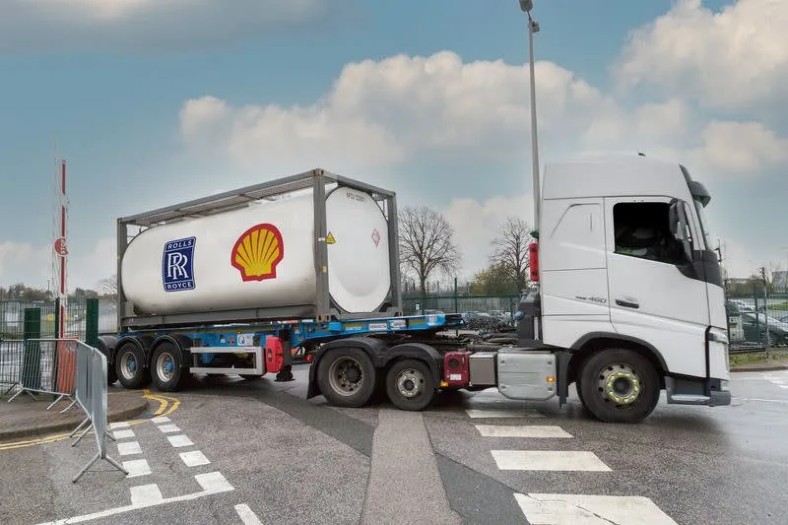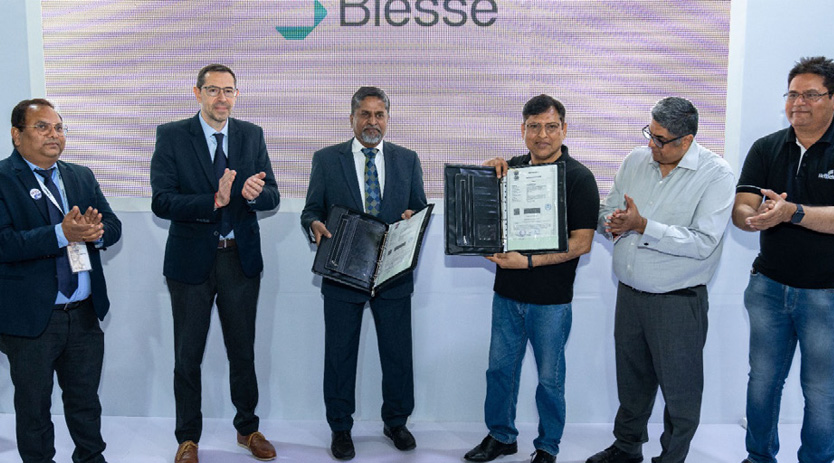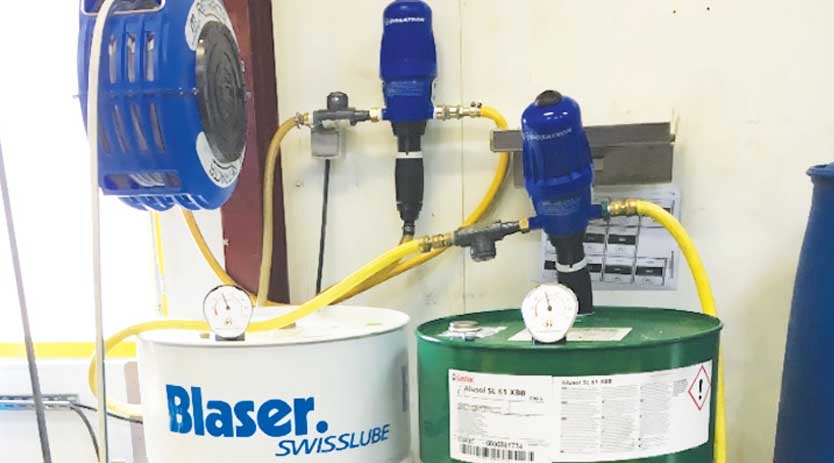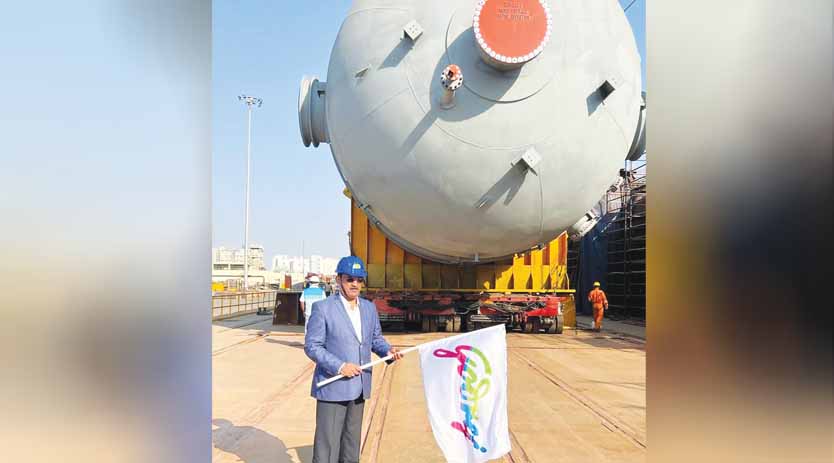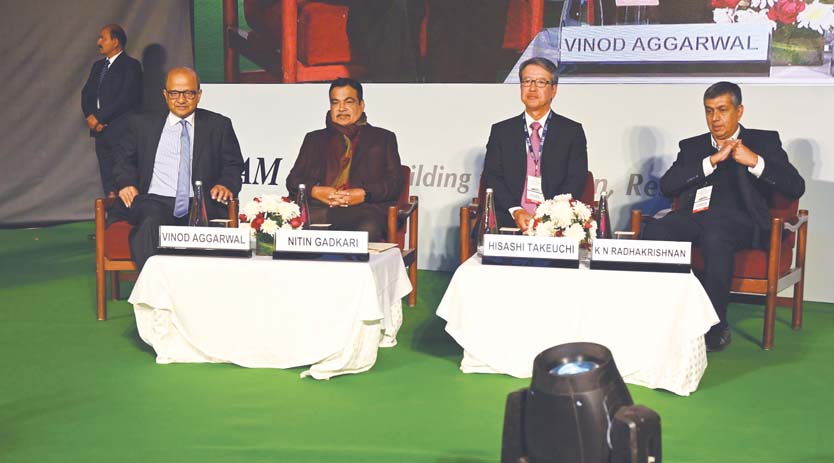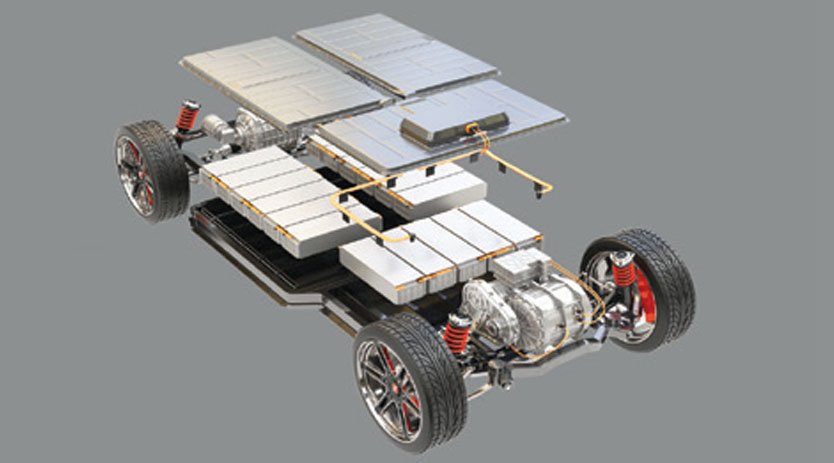Rolls-Royce partners Shell for sustainable aviation Fuels
July 5, 2021 1:26 pm
Rolls-Royce and Shell have signed a memorandum of understanding to help build towards their respective net-zero targets by developing and scaling Sustainable Aviation Fuels for the sector.
The two companies have signed the MoU to help decarbonise the aviation industry by developing SAFs to be used commercially. The MoU will build on existing partnerships between the two firms to advance the development of SAFs, including Rolls-Royce’s new SAFinity service, for which Shell is the sole SAF supplier. The two companies want to demonstrate that SAFs can act as a “drop-in” solution to decarbonise aviation.
“The heritage of collaboration between Rolls-Royce and Shell is a strong foundation for the future, particularly when it comes to our shared ambitions for achieving net-zero emissions,” Shell Aviation’s president Anna Mascolo said. “Being from different parts of the aviation value chain means Rolls-Royce and Shell bring complementary expertise, experiences and ideas to the table. Wide-ranging cooperation can drive new solutions that will help the aviation industry and our customers navigate a pathway to net-zero.”
Earlier this year, Shell published an updated business strategy in light of the Covid-19 pandemic and its pledge to reach net-zero emissions, which confirmed that 2019 will be its peak in terms of oil production. The company is aiming to become a net-zero business by 2050. As for Rolls-Royce, the company recently outlined plans to overhaul its R&D spending and product offerings in a bid to reach net-zero operations by 2030 and net-zero across the whole business value chain by 2050.
A headline commitment is to ensure that all jet engines supplied to civil and business aviation firms are ready to run on 100 percentage SAFs from 2023. SAFs can reduce life-cycle emissions by up to 70 percentage compared to traditional jet fuel. However, most airlines currently only use it in small proportions in blends – partly due to a lack of supply and partly because current international regulations limit biofuel blends to 50 percentage.
Rolls-Royce states that it is preparing for changes to legislation and technology in the near future, which will make SAF lower-carbon and increase supply. “Supporting the decarbonisation of aviation while continuing to enable progress in flight are goals that Rolls-Royce and Shell both share,” Rolls-Royce’s chief technology officer Paul Stein said. “We believe that working together on these aims can deliver benefits for both the development of new innovations as well as collaborating to find ways to unlock the net carbon emissions reduction potential of technology that is already in use today. SAFs will not only power large aircraft and business aviation, but also hybrid electric Urban Air Mobility (‘Flying taxis’) and the forthcoming generation of hybrid fixed wing city hoppers, which is why we place such importance on the ramp up of SAF adoption across the industry.”
For more info, visit: https://www.rolls-roycemotorcars.com/
Cookie Consent
We use cookies to personalize your experience. By continuing to visit this website you agree to our Terms & Conditions, Privacy Policy and Cookie Policy.



